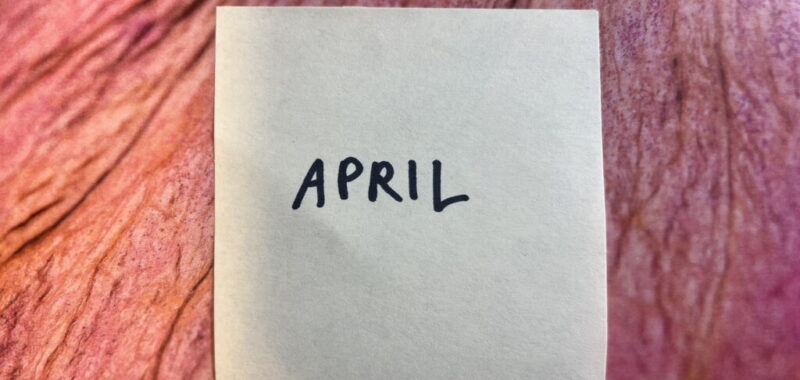Each month, we comb through dozens of soon-to-be-published books, for ideas and good writing for the Review’s site. Often we’re struck by particular paragraphs or sentences from the galleys that stack up on our desks and spill over onto our shelves. We sometimes share them with each other on Slack, and we thought, for a change, that we might share them with you. Here are some we found this month.
—Sophie Haigney, web editor, and Olivia Kan-Sperling, assistant editor
From Water by the Persian mystic Rumi (1207–1273), translated from the Farsi by Haleh Liza Gafori (New York Review Books):
The Garden’s scent is a messenger,
arriving again and again,
inviting us in.Hidden exchanges, hidden cycles
stir life underground.
What stirs the life in you?
The garden asks.The garden thrives.
Invites us to do the same.Saplings break through darkness—
ladders set against the sky.
Mysteries ascend.
From Aleksandr Solzhenitsyn’s 1972 Nobel lecture, translated from the Russian by Alexis Klimoff in We Have Ceased to See the Purpose (University of Notre Dame Press):
Just as the savage picks up in bewilderment … a strange discharge cast up by the sea? … something long buried in the sand? … a baffling object fallen from the sky?—intricately shaped, now glistening dully, now reflecting a brilliant flash of light—just as he turns it this way and that, twirls it, seeks a way to utilize it, seeks to find for it a suitable lowly application, all the while never guessing its higher function …
So we also, holding Art in our hands, self-confidently deem ourselves its masters; we boldly give it direction, renew it, reform it, proclaim it, sell it for money, use it to oblige the powerful, divert it for amusement—all the way down to vaudeville songs and nightclub acts—or else adapt it (with a muzzle or stick, whatever suits best) toward transient political or limited social needs. But art remains undefiled by our endeavors, and the stamp of its origin remains unaffected: each time and in every usage it bestows upon us a portion of its mysterious inner light.
But can we encompass the totality of this light? Who would dare to say that he has defined Art?
Three extracts from the eponymous poem of Aharon Shabtai’s new collection, Requiem and Other Poems (New Directions), translated from the Hebrew by Peter Cole:
Come and see:
Father is
made of air,and even the chair
and the blows are abstract
*
Life begins
with a sirenin the middle of the night,
with all of the neighbors descending
to the shelter
beneath the groundand afterwards climbing
back up and dispersingand then as usual
coming back*
Under the heavy blanket,
as though in a submarine,embracing one
or a pair of girlsat night you’ll navigate
far and into the depthsdown down
and suddenly in the dark
on the sheetthe white liquid
pools
From “DEATH HAS THE BIGGEST DICK OF ALL” in Ariana Reines’s poetry collection The Rose (Graywolf):
Probably the reason women are still attracted to the devil
& will always be is that’s who fucked us
Originally
To get life onto this planet
From Sayaka Murata’s novel Vanishing World (Grove), translated from the Japanese by Ginny Tapley Takemori, about a girl in love with a cartoon character:
Until now I’d thought my purest instinct was the sexual attraction I felt for Lapis. I’d taken solace in the fact that my arousal was something consistent with what society deemed common sense.
But maybe I was wrong.

